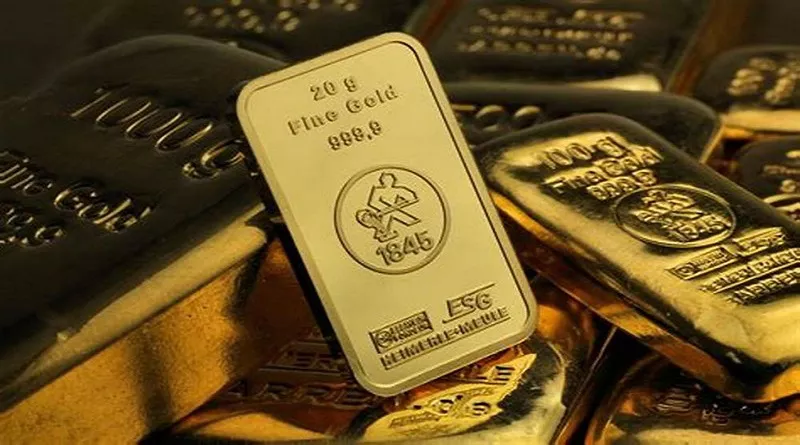In times of economic uncertainty and turbulence, investors seek refuge in safe-haven assets, and gold has long been recognized as one of the most prominent options. Its enduring allure and perceived stability have led many to wonder how the price of gold might fare in the event of a recession. In this article, we will delve into the historical relationship between gold and economic downturns, examine the factors that influence gold prices, and explore potential scenarios for gold during a recession.
The Historical Relationship Between Gold and Recessions:
Throughout history, gold has often demonstrated a positive correlation with economic downturns. During times of crisis, investors tend to flock to gold as a safe store of value, driving up its price. This trend can be observed during the 2008 global financial crisis when gold prices soared to record highs as investors sought refuge from the volatility in the financial markets.
Factors Influencing Gold Prices:
Several factors impact the price of gold during a recession:
a. Economic Uncertainty: During a recession, economic uncertainty tends to rise, leading investors to seek safe-haven assets like gold.
Heightened concerns about inflation, deflation, or currency devaluation can all contribute to increased demand for gold and subsequently impact its price.
b. Central Bank Policies: The actions taken by central banks during a recession play a crucial role in shaping gold prices. Measures such as quantitative easing, lower interest rates, or increasing the money supply can lead to a depreciation of fiat currencies, making gold comparatively more attractive.
c. Investor Sentiment: Investor sentiment and market psychology greatly influence gold prices. Fear and pessimism can drive up demand for gold, pushing prices higher, while optimism and a sense of stability can have the opposite effect.
d. Geopolitical Factors: Political tensions, trade wars, or any significant geopolitical events can cause disruptions in financial markets. In such scenarios, gold often acts as a safe haven, leading to an increase in its price.
Potential Scenarios for Gold in a Recession:
While it is impossible to predict future market movements with certainty, we can explore potential scenarios for gold during a recession:
a. Rise in Gold Prices: If a recession triggers widespread economic instability, investors may seek to hedge their portfolios by allocating a larger portion to gold. This surge in demand could drive gold prices to new highs, reflecting its role as a safe-haven asset.
b. Price Volatility: Despite its perceived stability, gold prices can still experience periods of volatility during a recession. Market sentiment, government interventions, or unexpected economic data releases can all lead to short-term fluctuations in the price of gold.
c. Relative Stability: In some recessions, gold prices may exhibit relative stability compared to other assets. While it may not experience significant price gains, it could serve as a portfolio diversification tool, helping to mitigate losses in other investment classes.
Considerations for Investors:
For investors considering gold during a recession, it is important to keep a few key points in mind:
a. Diversification: Gold can be an effective diversification tool as part of a well-balanced portfolio, helping to offset the volatility of other asset classes.
b. Long-Term Perspective: Gold’s performance during a recession should be evaluated in the context of long-term investment goals. Short-term fluctuations may occur, but over extended periods, gold has generally maintained its value.
c. Risk Management: While gold may offer stability, it is crucial to assess individual risk tolerance and investment objectives. Consulting with a financial advisor can provide valuable guidance in making informed decisions.
Conclusion:
The relationship between gold prices and recessions is complex, influenced by a myriad of factors. While historical data suggests that gold tends to perform well during economic downturns, it is essential to remember that each recession is unique and may have varying impacts on the market. As with any investment, careful analysis, diversification, and a long-term perspective are crucial for making informed decisions about gold during times of recession.


